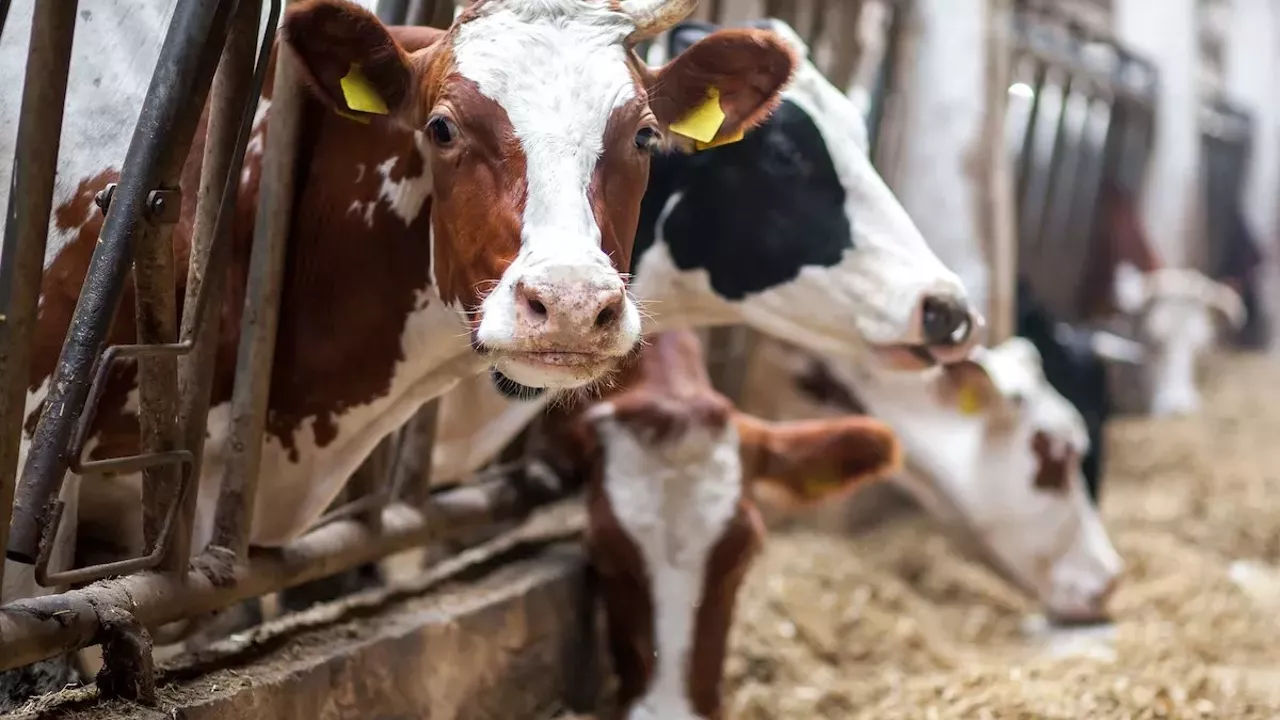A recent report highlights the role of billion-dollar financing in propelling the unsustainable expansion of global meat and dairy production. According to the findings, financial institutions have been providing significant support to industrial livestock companies, leading to alarming increases in production rates.
Between 2015 and 2021, global meat production surged by 9%, while dairy production saw a staggering 13% rise during the same period. This surge in output is closely linked to the substantial financial injections, averaging $77 billion annually, extended to the top 55 industrial livestock companies worldwide. Shockingly, some of these financial backers seemed to disregard their own anti-deforestation policies to facilitate such support, as per the report’s revelations.
Environmental and Social Ramifications
The ramifications of this relentless pursuit of growth in industrial animal agriculture are sprawling and profound. From exacerbating the climate crisis to contributing to deforestation, pollution, and biodiversity loss, the adverse impacts are manifold. Moreover, the industry’s operations have been associated with animal abuse, worker exploitation, and the emergence of antibiotic-resistant strains, highlighting a concerning array of social and health-related issues.
Urgent Calls for Action
In light of these findings, there are urgent calls for financial institutions to reconsider their support for industrial livestock companies. Organizations like Feedback advocate for the defunding of such entities to curb the harmful effects associated with their operations. The emphasis is on redirecting financial resources towards more sustainable and ethical practices within the food production system.
Pathways to Mitigation
The report underscores the importance of shifting dietary patterns towards consuming less animal protein, particularly in affluent nations. Experts argue that reducing livestock emissions is paramount to meeting the targets set forth by international agreements like the Paris climate accord. To achieve this, drastic reductions in global livestock emissions are imperative, with wealthier countries expected to lead the way in implementing more sustainable farming practices.
Key Players in Financing
Unveiling the financial backers behind these industrial livestock giants, the report identifies banking institutions like Bank of America, Barclays, and JPMorgan Chase as leading contributors. These financial entities have extended significant credit lines to support the expansion of meat and dairy production, often at the expense of environmental conservation and ethical considerations.
Compromised Policies
Disturbingly, some banks have been found to compromise their own anti-deforestation policies to accommodate the financing needs of companies like JBS, Minerva Foods, and Marfrig. Despite public commitments to sustainability, institutions like HSBC and Bank of America have been implicated in providing substantial financial support to entities associated with deforestation practices, raising questions about their corporate integrity.
Corporate Responses and Accountability
In response to these allegations, some banks have offered reassurances regarding their commitment to combatting deforestation and upholding ethical standards. However, the effectiveness of such measures remains questionable, especially in light of ongoing financial support to entities linked with environmental degradation. Corporations involved, such as Marfrig and Minerva Foods, have defended their practices, citing efforts to mitigate environmental impact and promote sustainability.
Conclusion: Balancing Growth with Responsibility
As the global demand for meat and dairy continues to rise, there is a pressing need to reconcile economic growth with environmental and social responsibility. Financial institutions play a pivotal role in shaping the trajectory of industrial agriculture, and their decisions have far-reaching consequences. By aligning investment strategies with principles of sustainability and ethical stewardship, stakeholders can work towards a more equitable and resilient food system for future generations.
Related:
Top 10 Largest Meat Producing Countries 2023
Explore the 2023 report on top meat-producing countries, covering production volumes, trends, and global impacts in the meat industry.
